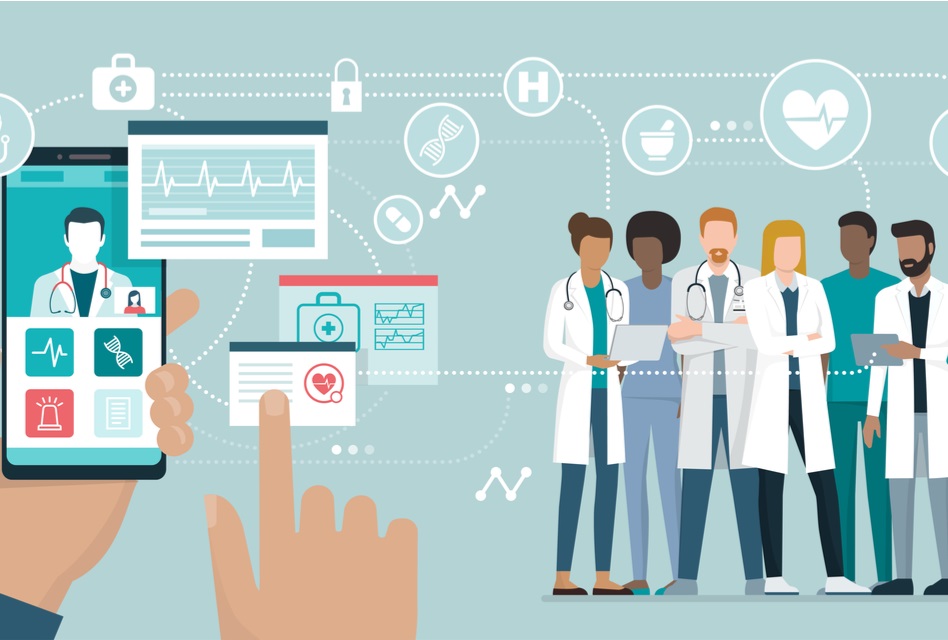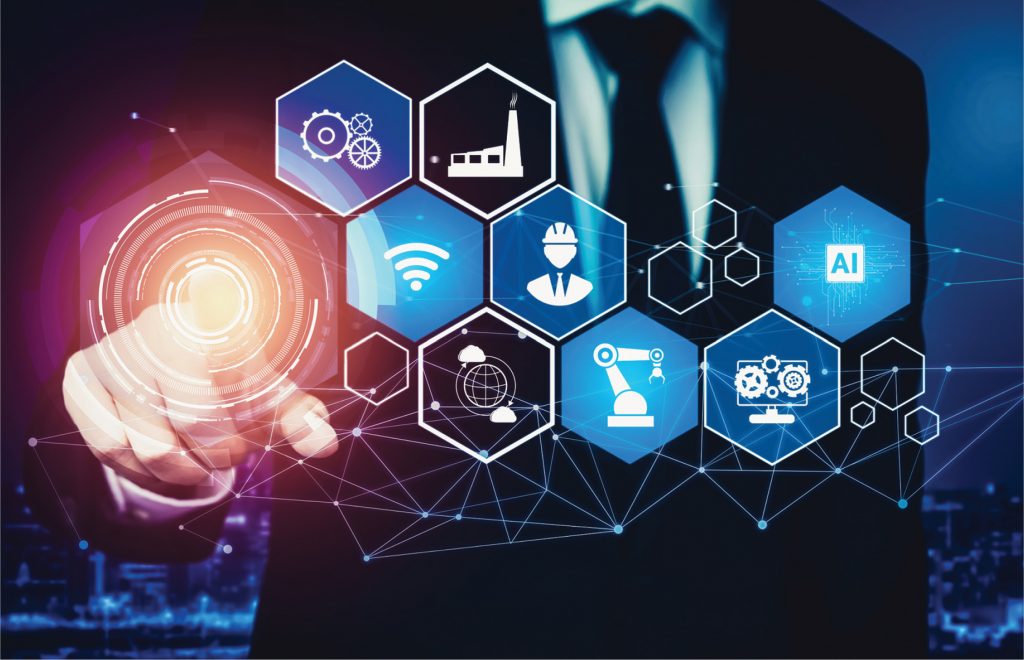Blockchain: Opportunities for health care

The coronavirus pandemic has shown that the health care system in many developed countries is not in the best condition. Blockchain in healthcare will solve several problems, make the infrastructure more transparent and secure. Thanks to this technology, you can prevent fraud, more easily control the supply of medicines and protect the personal data of customers.
What is it and how does it work?
Blockchain is a unique database in which all information is stored in blocks interconnected. All data here is immutable, can be entered by the user or recorded automatically. Initially, the technology was developed exclusively for the financial sector to simplify transactions using cryptocurrency without intermediaries.
Today, it is used in many industries to prevent fraud, store information, and better control finances.
In 2012, Estonia became the first country to introduce Blockchain technology in healthcare. Today, most of the information is stored in this database, which helps prevent corruption, create simple and understandable terms of cooperation for clients. National institutions are connected to a common electronic network, which greatly simplifies their communication. The interoperability of the technology and the healthcare industry has been proven in practice.
What is blockchain in healthcare? This is efficient technology that allows to store large amounts of unchanged information, which prevents data leakage, falsification of documents, and fraud at any stage.
Benefits of using technology
Blockchain healthcare can be used in a variety of ways. This technology is suitable both for monitoring the work of the ministry, for doctors and different сharity organizations.
How can blockchain change the ministry of healthcare work?

No matter how well the ministry of health is running, there is always the possibility of fraud and malpractice. In civilized countries, huge amounts of money are allocated to support health care.
There are such blockchain opportunities:
- Track all financial transactions within the system;
- Control procurement and supply of medicines;
- Fix current the state of affairs;
- Monitor the distribution of medicines among those in need;
- Monitor the availability of vaccines and the procurement of new ones.
American pharmaceutical company Pfizer, which manufactures and markets the Covid-19 vaccine, uses technology to control supplies and fund projects. This allows it to make sure that all medicines are delivered at the agreed time and place, and have the necessary packaging and storage conditions. Recording this information lets it maintain a relationship of trust with different countries that also need the vaccine.
The healthcare blockchain can be used to purchase absolutely any medicines, vaccines, and equipment. This will allow you to be sure that all the allocated money went to the right cause.
How is blockchain useful for doctors and clients?
Blockchain and healthcare are perfectly compatible at all levels. Doctors and patients can use blockchain to store various information, such as test results, prescriptions for medications (including those containing potent substances), and other recommendations for treatment.
The medical blockchain will simplify exchange between doctors of different profiles, communication with insurance companies, and the procurement of necessary medicines. The system is designed in such a way that only a coordinator who has a special key can access such information. This prevents information leakage.
The information about the client can be whatever it is convenient, starting from the last name and first name, address, date of birth, therefore experts recommend that the data be discarded. For example, to assign a unique code to each client and provide information without specifying the client's name, but rather a number. In this case, medicine can become anonymous.
It is better to store information about which client the code belongs to not in the blockchain, but in another system.
An important point to keep in mind is that blockchain for healthcare only stores data that cannot be corrected in the future. This is the reason that not all data can be entered into the system. Also, some experts advise against storing too large amounts of information in the blockchain, as this requires a lot of power, which means that the system will consume a lot of electricity. In the future, you will not be able to delete it when you do not need it.
Which blockchain companies deserve attention?

Today some companies have connected healthcare and blockchain. They are committed to developing unique applications based on this technology specifically for the needs of the medical center.
Among the most famous of them are:
- Akiri;
- BurstIQ;
- Factom;
- MedicalChain;
- ProCredEx.
Most of them are focused on creating a block chain healthcare to improve the security of clients' data. At the moment, this problem is quite acute in many developed countries, so the service is in great demand. Also, quite often they receive an order for the development of collateral for financial transfers in order to improve control of the state of funds, to prevent theft by employees.
Completion
Blockchain technology healthcare allows to control almost all processes that take place in the system. This gives the opportunity to keep large amounts of information unchanged, control financial transactions that take place in the ministry, and create more convenient conditions for doctors and patients.
As we can see, the potential of this collaboration is quite high. It gives the opportunity to better control all the processes that take place in the health care system. It will take a little time for the entire ecosystem and the participants of the healthcare industry to become accustomed to using the technology, but this challenge will bring a really good system back which will solve many difficulties.
